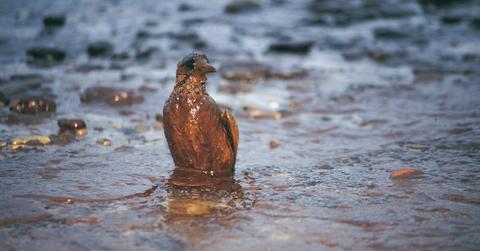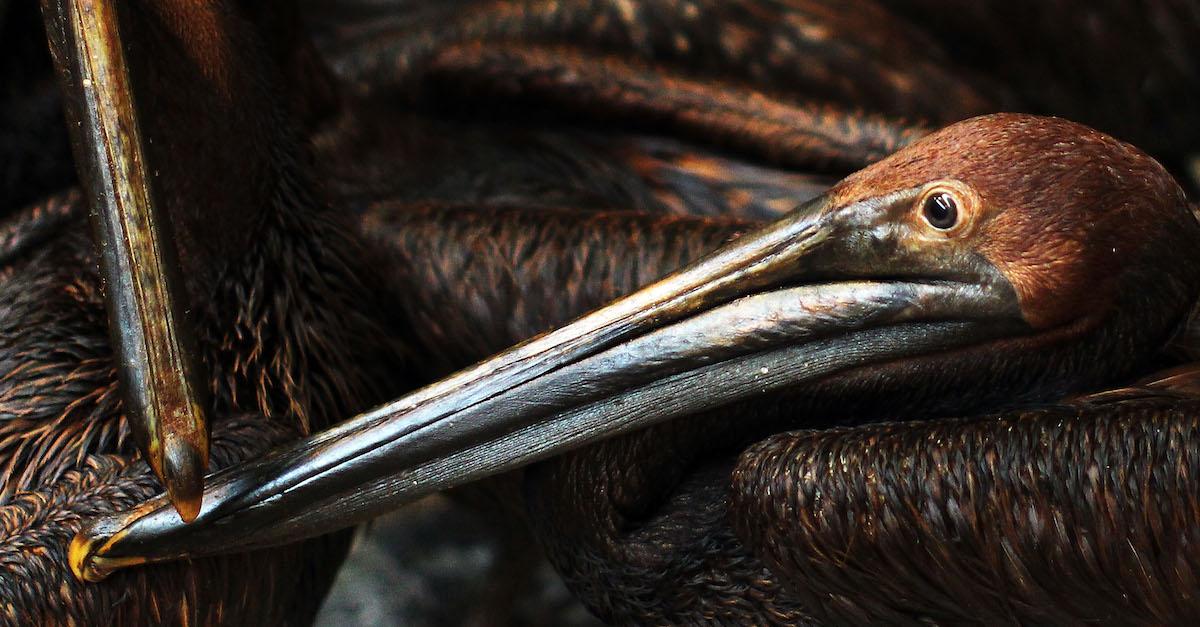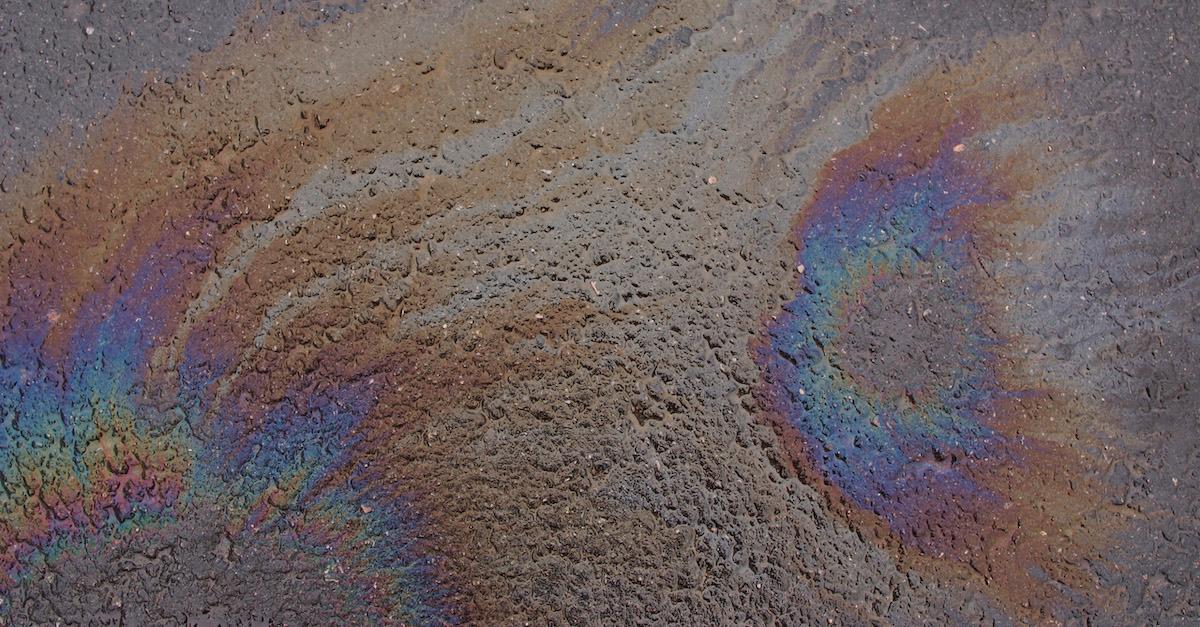300,000 Gallons of Diesel Were Spilled in New Orleans, Killing Thousands of Birds and Fish
Published Jan. 13 2022, 11:20 a.m. ET

There are a million reasons why environmentalists hate pipelines. They're used to transport environmentally-destructive non-renewable sources of energy, they're oftentimes constructed to run through vulnerable communities, and most importantly, they're incredibly prone to oil spills that infiltrate marine and on-land ecosystems alike. In fact, a damaged pipeline recently caused a massive New Orleans oil spill that has created quite a bit of environmental chaos.
Bill Caram of the Pipeline Safety Trust told U.S. News that the diesel in this most recent spill had was unfortunately caused by a faulty pipeline, which had sustained damage more than a year ago.
“It’s especially maddening to learn that Collins Pipeline’s initial analysis deemed the pipe in such poor condition that it warranted an immediate repair,” Caram explained, saying they should have fixed it much sooner.
Likewise, Michael Karlovich, who is the VP of Collins Pipeline's parent company, PBF Energy, told U.S. News that since the spill, the pipeline has been repaired, and it's now up and running once again. However, the company is still assessing the environmental damage brought on by the spill.
“Although we continue to remediate and monitor the area, on-water recovery operations have been completed," Karlovich said.
Keep reading for more about this environmental travesty.

What caused the oil spill in New Orleans?
Over a year ago, in October 2020, a Collins Pipeline Co. pipeline, which runs just a few hundred feet from New Orleans' Mississippi River, was flagged for relatively serious damage. However, nothing was done about it — which came back to bite us all in the butt. On Dec. 27, 2021, according to The Hill, a diesel leak was detected in the section that had already needed repairs. It ended up spilling over 300,000 gallons of oil near a levee in St. Bernard Parish, which is outside of New Orleans.
Apparently, when the damage was initially detected, the inspection found quite a bit of corrosion on the outside of the pipeline, especially within the 22-foot section where the spill took place. It's unclear why the repairs were delayed. Supposedly, the pressure inside of the pipeline was lowered in November 2020, and was reduced again the following year, because no repairs had been made. But the pipeline had to be shutdown on Dec. 30, 2021, until necessary repairs were complete.
The repairs, however, have since been completed. The company made $500,000 worth of repairs, and resumed operations on Saturday, Jan. 8. And although most of the oil has been skimmed from nearby ponds and other waterways, cleanup efforts are still underway. Sometimes, large oil spills like these can take several months to tackle, because oil is extremely toxic and difficult to get rid of. And it came with serious environmental consequences.

How did the New Orleans oil spill affect the environment?
The oil spill in New Orleans left a major impact on surrounding ecosystems. According to AP News, the spill wiped out about 2,300 fish, and hundreds of other species. Statistics from the Louisiana Department of Wildlife and Fisheries estimates about 39 snakes, 32 birds, several eels, and blue crabs died. With that, about 72 alligators, 23 birds, 20 snakes, and 12 turtles were taken in to be cleaned up and treated.
These types of oil spills can also wreak havoc on communities. Oftentimes, oil spills infiltrate waterways. They also affect local agriculture, by soaking into the soil, and they take a toll on marine life that certain communities rely on.
Needless to say, this is one of many reasons why we should take more serious action to transition to renewable energy.